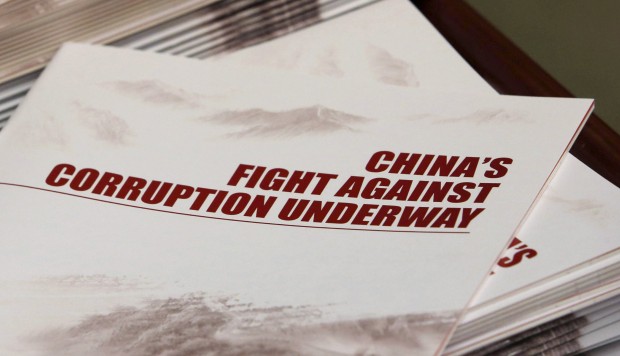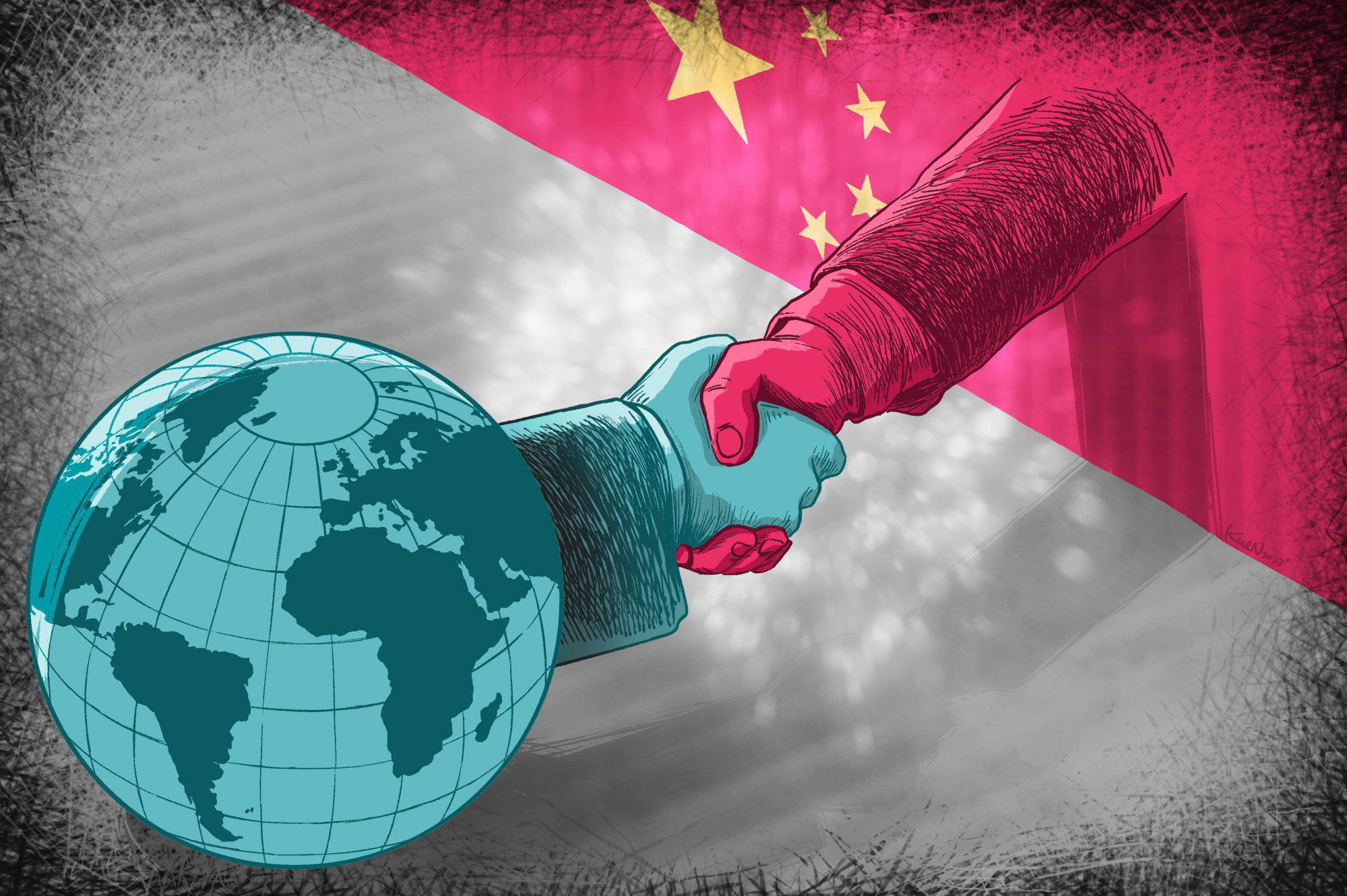Xi Jinping’s Brutal Anti-Corruption Crackdown: 200 Secret Jails Exposed!
China's 'Liu Zhi' Centres Draw Scrutiny Over Human Rights and Political Motives Amid Anti-Graft Campaign

In an unprecedented move that has drawn great domestic and international attention, China has built more than 200 new detention facilities as part of President Xi Jinping’s widening anti-corruption campaign. Dubbed “Liu Zhi” centres, the facilities mean suspects may remain there for six months without being allowed to see a lawyer or their families. The trend is significant for Xi’s anti-corruption campaign, pointing towards power concentration, raising significant human rights and due process concerns, and a political motive.
The Anti-Corruption Campaign
In less than three years since taking over in 2012, the Chinese president has led a monumental anti-corruption campaign to expel graft at all levels from the Communist Party of China, or CPC. The campaign that started with focusing on high-ranking officials, dubbed “tigers,” soon started targeting lower bureaucracy, or “flies,” followed by the army and private businesses. Official figures claim that millions of officials have been disciplined since the campaign began, with thousands imprisoned or executed. While widely commended by others for cleaning governance, critics also argue that it is a device through which the campaign enables Xi to oust political enemies and consolidate himself at the reins of power.

The Role of “Liu Zhi” Centers
The “Liu Zhi” centers, the cornerstone of new infrastructure, are controlled by the National Supervisory Commission (NSC), an anti-corruption body founded in 2018. Outside China’s traditional judicial system, the facilities enable authorities to detain suspects for up to six months without trial, access to lawyers, or even family contact. These procedures are within the supervision system of China, where sweeping powers are granted to investigate corruption cases involving state workers and not necessarily members of the CPC.
The government defends that these centers were necessary for dispensing with and maintaining discipline by ending corruption. In contrast, the mere presence of these centers raises severe apprehension within the human rights bodies as Amnesty International condemned the same regarding the fact that harboring enters house forms o, including encompass even forced confession, physical torture, and psychological pressure.
The Targets: Who Are They?
Although this campaign theoretically combats corrupt officials, its scope has expanded recently. Detainees now include Communist Party members, military officers, and even privates whose actions are perceived as constituting a threat to the party’s authority. Observers note that many high-profile arrests coincide suspiciously with political challenges to Xi’s leadership.
For instance, critics claim that some have been targeted for dissent or political rivals rather than corruption. Silencing competition and instilling fear within the party, Xi has increased his dominance but created distrust and paranoia in his wake.

Implications for Governance and Society
It is a sea change in the governance of the Xi administration to build 200 new jails. It speaks of commitment from the government toward eradicating corruption and consolidating discipline within all sectors on one side. On the other hand, it has opened questions on authoritarian overreach because governance and repression seem to merge.
- Erosion of Due Process: The Liuzhi centres, therefore, embody a blatant negation of all the precepts that the idea of justice encompasses. When denied family and legal counsel and, in turn, treated more like victims of coercion rather than a seeker of justice, a fair trial becomes an oxymoron to an accused.
- Impact on Party Morale: Although the campaign has brought about discipline, it has also fostered a climate of fear in the Communist Party. Officials are afraid to make bold decisions or take risks, lest they be branded as corrupt. This has resulted in bureaucratic paralysis in some regions.
- Public Perception: In the domestic arena, public opinion is divided. While many citizens feel it is a campaign necessary to clean up governance, others think it is a political witch hunt. Internationally, it has come under sharp criticism from human rights advocates and democratic governments.
International Reactions and Comparisons
China’s anti-corruption campaign, accompanied by constructing a detention facility, has been seen as a version of similar exercises in other authoritarian regimes. The “Liu Zhi” centers and the “re-education” camps in Xinjiang, which have been the subject of numerous claims of human rights abuses, have been compared by many.
Moreover, it has been condemned by the international community due to the untransparent and legal provisions. The United Nations and the Western countries have several times asked it to increase its accountability and international legal standards. However, China’s leadership has denied all these criticisms in the internal affairs of China.

Broader Implications for Xi’s Leadership
It serves an agenda much broader than governance: it meets Xi Jinping’s vision for China. By concentrating power and eliminating dissent, Xi deepens the Communist Party’s grip on control and portrays an image of power and unity. The building of 200 new jails serves two counts in that agenda: it is an enforcement tool and a manifestation of regime authority.
However, such an approach comes with risks. Over-reliance on coercion and fear has many knock-on effects: internal resistance will likely grow, international isolation will rise, and public distrust will never be diminished. China must reconcile control and governance as it enters a more complex international scene.
Conclusion
This is a defining moment in modern Chinese governance, with the construction of 200 new jails under Xi Jinping’s anti-corruption campaign. While it is meant to fight corruption and strengthen discipline, ethical and political questions surround it. For instance, using “Liu Zhi” centres demonstrates the tension between order and justice.
Observers around the world will closely follow this process. The outcome of this campaign in the coming years will determine whether it signals more reform or more authoritarianism. Beijing’s current message is that clear-cut corruption won’t be tolerated, and neither will dissent.



